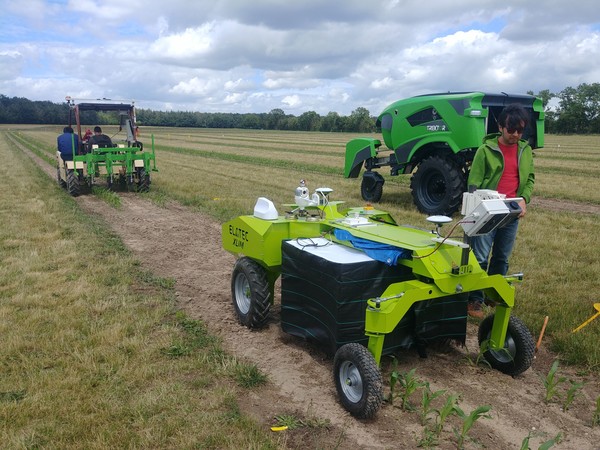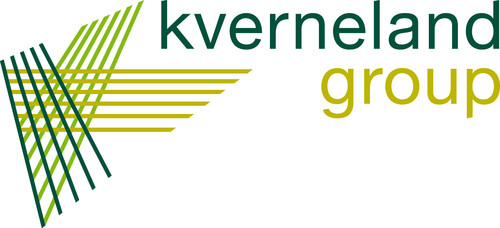
Autonomous robots, a competition to test their performance
The first official competition of autonomous robots for weeding field crops was held in Montoldre (France) from 7 to 10 June. The event, called ACRE (Agri-food Competition for Robot Evaluation) was organised by the Politecnico di Milano and the Department of Agricultural and Environmental Sciences of the University of Milan in partnership with the Institut national de la recherche agronomique and the Laboratoire national de métrologie et d'essais. The competition - explain the promoters - was funded by the European Commission as part of the Horizon 2020 METRIC project, aimed at encouraging the spread of robots and artificial intelligence.
The ACRE competition in Montoldre, dedicated to machines capable of carrying out weeding operations in total autonomy from human control, engaged the “competitors” in different types of tests. From the recognition of weeds to the ability to move autonomously in the field, up to the delivery of treatments along the rows, each test of the competition was evaluated by researchers according to strict scientific criteria that allowed the performance of the robots to be measured objectively and repeatably, in order to parameter their capabilities. The first edition of ACRE - said the organisers - was dedicated to weeding, since these are sensitive processes, where the use of autonomous technologies can bring significant benefits from an environmental, social and economic point of view. Indeed, the use of robots could significantly reduce or even eliminate the use of chemicals altogether. After the competitions in Montoldre, which had a limited number of participants due to the health emergency, the ACRE project will make a stop in Cornaredo (Milan).
The rendez-vous is for May 2023, a date that should allow the organisers to involve an even larger number of manufacturers of agricultural robots, “smart” farms and manufacturers of agricultural equipment. The aim is to consolidate the partnership between the Italian agro-mechanical industry and research institutes specialised in robotics and artificial intelligence, which can greatly contribute to the spread of latest-generation technologies. Indeed, experiences such as those of the ACRE competition and the METRICS project indicate that








